Mosquito rules
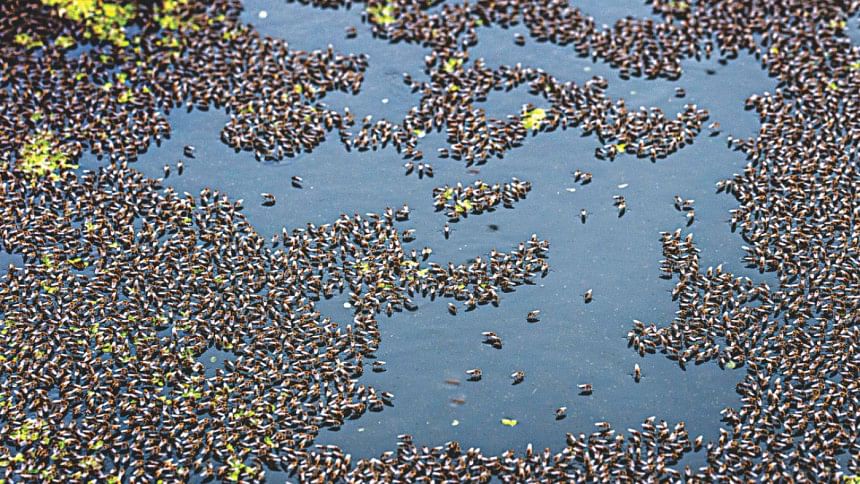
Mosquitoes are everywhere. Be it an airconditioned airport, hospital, open space, slum or bedroom. In large droves, this tiny insect is unleashing a free reign of terror across the country. City mayors have one excuse or the other about their failure to tackle the mosquito menace. In the meantime, people face the ultimate consequences of their failure -- numerous mosquito bites and the risk of contracting mosquito-borne diseases such as dengue and chikungunya.
When Shabib Rahman set off for airport from his Baridhara house, he was quite thrilled thinking about the natural beauty that Indonesian paradise Bali offers -- forested volcanic mountains, terraced rice fields, beaches and coral reefs.
But he was vexed as soon as he entered the Hazrat Shahjalal International Airport. From the check-in counter to the passenger lounge and from immigration to the boarding gate, mosquitoes were everywhere.
"I thought things will get better once I got on the plane. But, no. Mosquitoes were buzzing all around and biting. It may sound bizarre, but I had to cope with that throughout my journey,” said an annoyed Shabib, a businessman.
On February 23, Malaysian airline flight MH-179 was delayed for 15 minutes after some mosquitoes were found inside the plane, said Group Captain Kazi Iqbal Karim, director of the Dhaka airport.
Mosquito menace has reached an intolerable level in the city, and city dwellers blame the authorities for the situation.
The two Dhaka city corporations have adequate manpower and funds to tackle the situation, but there is no special programme to control the mosquito population, officials said.
The officials, who spoke on condition of anonymity, said there were little activities to clean waterbodies and drains. Also, there is a lack of monitoring by the top officials.
There are 2,700 bighas of waterbodies under the two city corporations and most of them remain clogged with dirt, a perfect breeding ground for mosquitoes, they added.
Last year, Dhaka South City Corporation (DSCC) and Dhaka North City Corporation (DNCC) came under fire for their failure to tackle the problem.
"The mosquito menace is nothing new in my area, but the problem seems to have turned severe this year. I'm frustrated with the city corporation's response," said Arefin Pasha, a resident of Gulshan-1 under the DNCC.
He had chikungunya last year. Because of his bitter experience, he now slips into his bed covered with mosquito net as soon as dusk falls.
"We close our windows before afternoon. But a huge number of mosquitoes somehow get into the house. The repellents available in the market seem to be of little use against them," he said.
"If the situation remains unchanged, chikungunya and dengue will return,” said Arefin, a schoolteacher.
Residents of Mirpur, Pallabi, Uttara, Adabor, Mohammadpur, Jatrabari, Mirhajirbagh, Kamragirchar, Manda, Mugda, Goran, Kathalbagan, Gulshan and Banani are among the worst victims.
For the current fiscal year, The DSCC allocated Tk 25.6 crore and the DNCC Tk 20 crore for mosquito control programmes. The lion's share of the sum has been spent on medicines and insecticides to kill mosquitoes, officials said.
In the previous fiscal year, the allocation was Tk 11.5 crore and Tk 23 crore respectively.
Despite such huge allocations, there is hardly any result.
Azwad Yusha lives on the seventh floor of a nine-storey building at Adabor in Mohammadpur. Still there is no respite from mosquito.
"We use spray or mosquito coils, but they don't help much,” he said.
Ridoy Islam, a resident of DIT plot of Gendaria, said the authorities did not clean an old pond in his area for the last few years. The waterbody has now become a prime breeding ground for mosquito.
There are about 421 bighas of waterbodies in DSCC area. But the authorities failed to clean those this year as they could not find a contractor, said Mir Mustafizur Rahman, health officer of the DSCC.
"We will take an initiative to float a new tender to get a contractor. We hope that we can start work in the next several weeks," he said.
The DNCC has 2,250 bighas of waterbodies, most of them remain crammed with dirt.
Contacted, DNCC Chief Health Officer Brig Gen Zakir Hassan said they bought adequate medicines and they were spraying those in their areas.
"We held meetings with different societies and gave them the medicines for spraying in their areas,” he said.
His counterpart in the DSCC, Brig General Sheikh Salahuddin, said they started a crash programme on February 28 and it would continue for a couple of weeks.
"We hope the situation will improve,” he said, adding that they would extend the programme if needed.
He admitted some drains in the DSCC area are clogged.
Only last week, they asked the garbage management department of the city corporation to clean those.

 For all latest news, follow The Daily Star's Google News channel.
For all latest news, follow The Daily Star's Google News channel. 

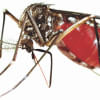

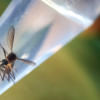
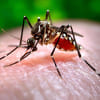
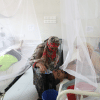


Comments